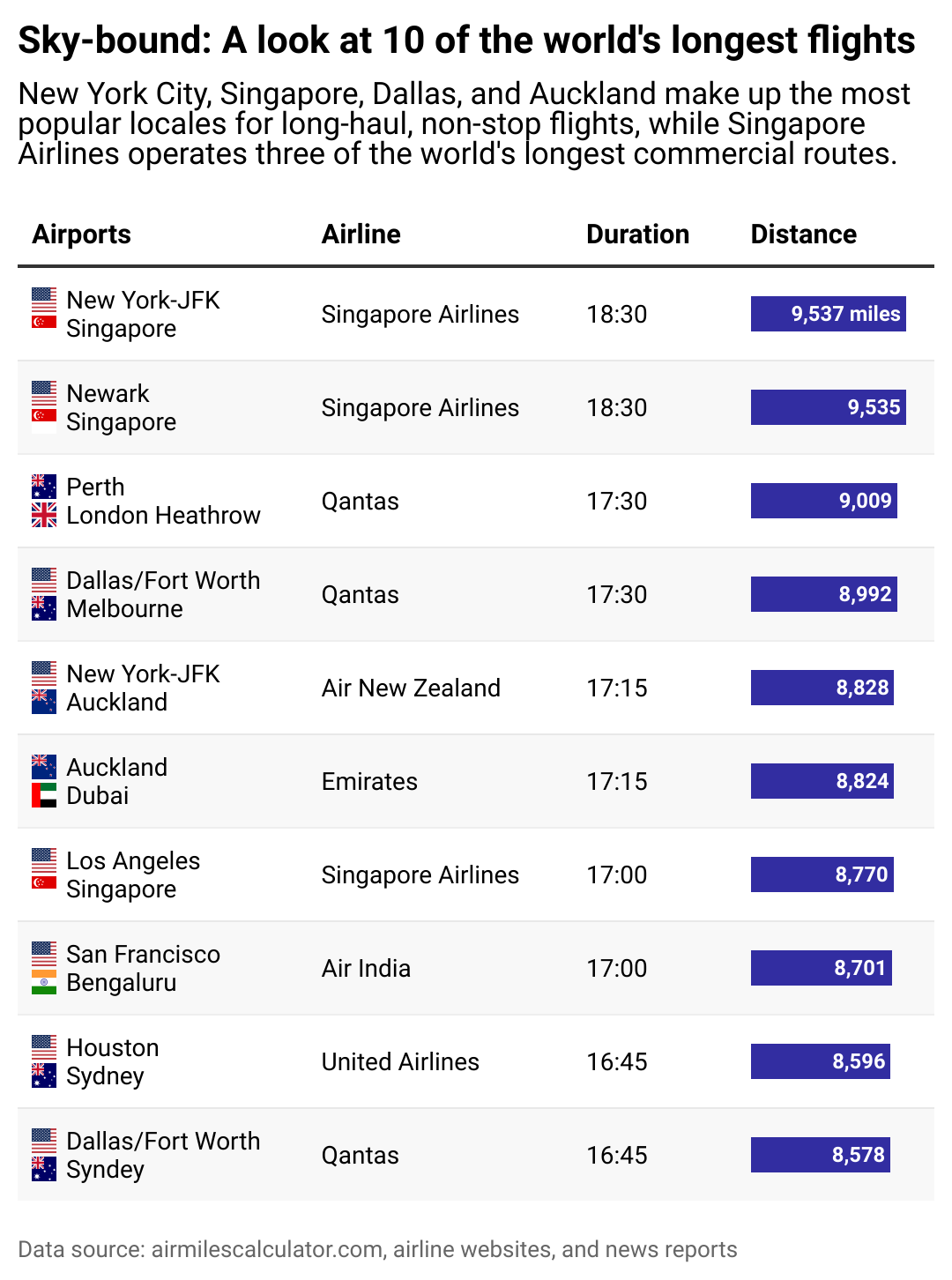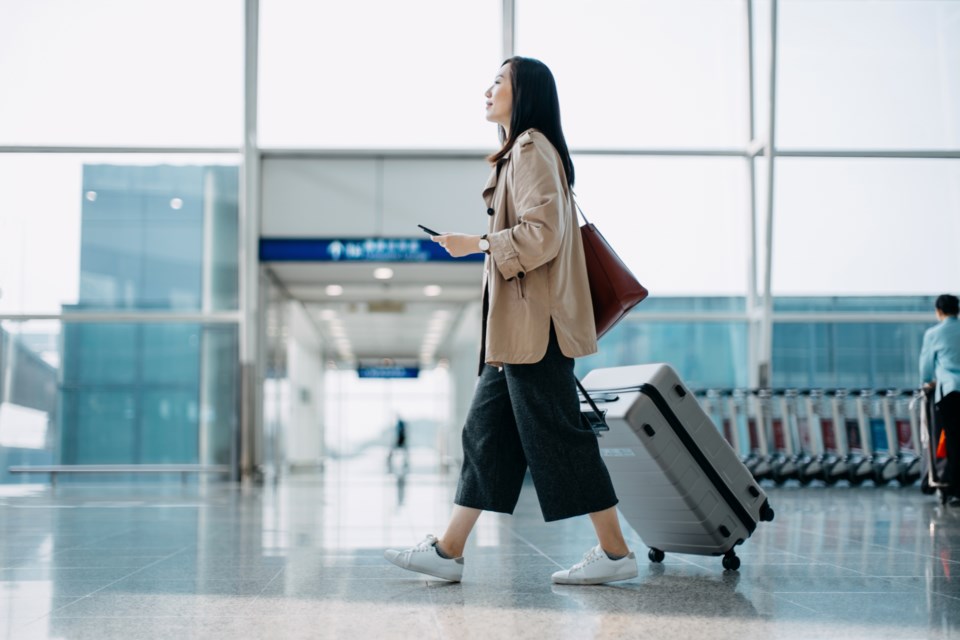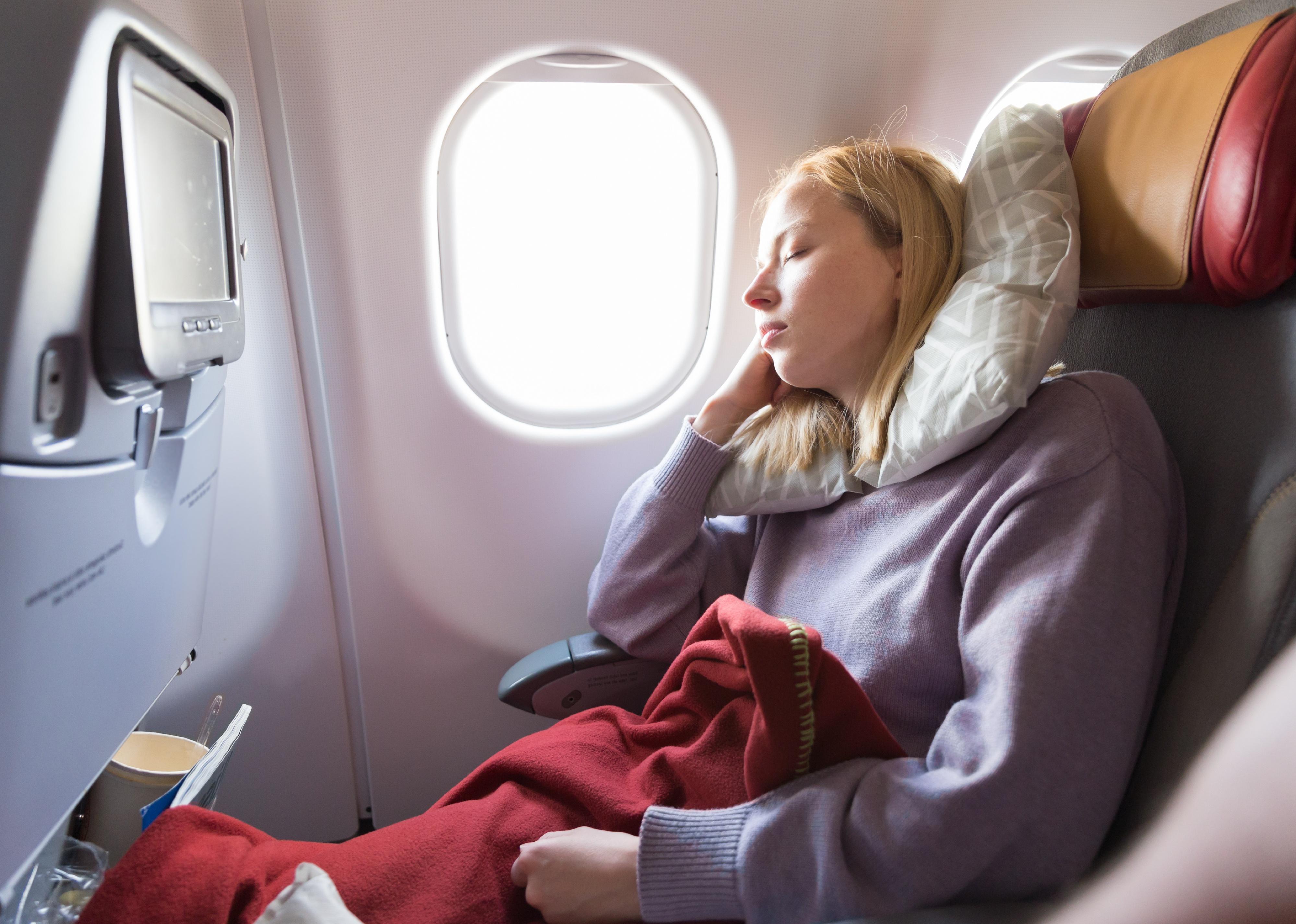Long-haul flights are no modern invention.
Trans-Atlantic flights, which usually clock in between 3,000 and 4,000 miles, have been around for a while—the first nonstop flight connecting Europe and North America took flight in 1938.
Ultra long-haul flights—think 7,000-plus miles—have a long lineage, too. Such flights date back over 40 years when Pan American Airways launched its from Los Angeles to Sydney in 1982.
Pan Am's flight was a 7,623-mile trip operated via a Boeing 747SP. Ever since, airlines have been pushing the limits by offering even longer routes.
Nowadays, numerous nonstop routes between faraway cities reach upwards of 9,500 miles—almost 2,000 more than the Pan Am route four decades ago. These flights can take 17-plus hours to complete and are the true sky marathons of today.
To take a deep dive into the routes that operate at such substantial distances, compiled a list of 10 of the longest commercial flights with nonstop service using data from, airline websites, and news reports. Read on to learn more about the data behind these flights—and what to do if you ever find yourself on one.

How the 10 flights stack up
The two longest active commercial flights are routes between New York City's international airports—Newark and John F. Kennedy—and Singapore's Changi Airport. Flights to and from these airports are effectively similar in length, although the JFK-based route is technically longer by two miles.
Singapore Airlines first charted New York to Singapore in 2004 with regular service between Newark and Changi. That route—a on an Airbus A340-500 decked out with 100 passenger pods—was active until Singapore Airlines due to rising fuel prices and a shrinking aircraft fleet. The airline brought back nonstop service between the two cities by reigniting and .
The next longest route—the Qantas' London to Perth line—notably connected Europe with Australasia via a nonstop flight for the first time in history when it . Other trendsetting trips include Emirates' Auckland-Dubai service, the for a spell when it took to the skies in 2016.
It's also noteworthy that all routes on this list involve Southeast Asia or Australasia and span a distance of 8,500 or more miles. Long flights to other regions include those between Atlanta and Johannesburg, South Africa (8,439 miles;) and Los Angeles and Dubai, United Arab Emirates (8,339 miles;).
While all the flights surveyed fall short of 19 hours, Qantas has been angling to break the 19-hour mark with regular service for several years. In 2019, the Australian airline completed a between New York and Sydney. In May 2022, regular nonstop service between London and Sydney—a direct route that would last longer than 19 hours—by 2025.
Qantas has a long history of pushing the distance passenger planes can handle. In 2003, the nonstop from Toulouse, France, to Melbourne, Australia. That flight covered roughly 10,000 miles and took over 20 hours to complete. However, that test flight only had its four pilots and 12 people onboard, a far cry from the 200-plus passengers the Airbus jumbo jet usually carries.
What to do if you're on one of the world's longest flights
If you find yourself one of the fortunate 200-plus passengers that must undergo one of these epic flights, there are three major considerations to keep in mind. Long-haul flights aren't just feats of technology, but also the human body. Be kind to yourself and ensure you take advantage of the conveniences offered by airlines to make the boarding process as simple and smooth as possible.
Apply for at least a month ahead of your scheduled flight. A five-year membership costs $78 and allows you to breeze through security without removing your shoes, belts, light jackets, or laptops.
Check in online. You may be surprised how many people miss this step and end up waiting in long lines to have their luggage weighed, and boarding passes printed.
Dress for comfort. There is no need for restrictive clothing for the sake of fashion. Instead, opt for loose-fitting clothes and slip-on shoes you can easily don before walking up and down the aisle or stretching to avoid .
Stay hydrated. Airplanes are enclosed environments with filtered air systems that can be very dry. Some people can start to feel dryness in their skin and even their eyes a few hours into the flight, so adding moisture to your system is essential. Bring a reusable water bottle and ask flight attendants to fill it with water rather than leaving an open (and tiny) cup on your tray that could easily spill. Don't forget to pack small toiletries like lip balm and lotion to ward off the dry air, which can lead to uncomfortable chapped lips or general itchiness.
Seek sustenance. One could easily pick between the two basic meal options offered on flights, but savvier passengers know to check for other meal options. Singapore Airlines has a "" program open to first class, business class, and some premium economy seats that allows you to select meals created by an International Culinary Panel. Or try a that considers your dietary restrictions and allergies.
offer the same food quality, so bear in mind which carrier you're on and decide accordingly. Emirates, Singapore Airlines, and Air New Zealand have all earned mentions for their tasty meals.
This story originally appeared on and was produced and distributed in partnership with Stacker Studio.




